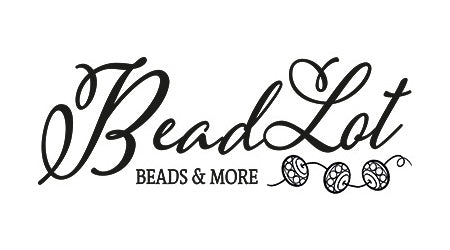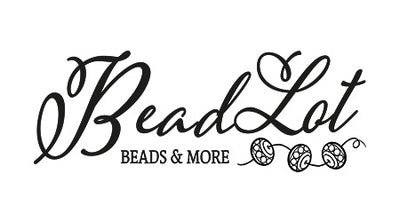Top 10 Beading Supplies to Start a Jewelry Making Business
So, you decided you want to start a jewelry making business, but do not know where to start when it comes to gathering all the tools & beading supplies necessary to start creating. Do not worry you are not alone; that is why we gathered a list of the 10 must-have DIY jewelry making supplies every beginner jewelry designer needs.
Top 10 Basic Supplies for Jewelry Making and Beading Projects
All you need is a few basic tools & supplies for making jewelry and beading projects. You will be able to create a wide range of classy, elegant, bohemian, artistic, and trendy styles with these simple beading tools and accessories.
1# Pliers & Cutter
Cutter and pliers are one the most important tools since every jewelry making projects requires them. A wire cutter will be necessary to cut components or to finish off your projects, while Pliers will be used more for bending and wrapping purposes. The two most common pliers are flat nose and round nose pliers.

2# Ruler & Measuring Tape
Ruler or a measuring tape is necessary to plan and measure the appropriate length of material needed to make your handmade jewelry. If you are plan to sell your creations; a scale would also be beneficial. (You will need to weigh your finished product for shipping purposes.)
3# Jewelry Findings
Jewelry Findings refers to metal bits and pieces that you add to your jewelry designs. These can be spacers, charms, pendants, etc. These components come in a variety of metals, and styles. Most commonly made from sterling silver, silver-plated metal, gold plated metal, brass, stainless steel or Tibetan style alloy.
4# Jump Rings & Split Rings
Jump Rings are a common jewelry finding that is used to connect different components of jewelry pieces together. These jump rings are often used between chains, bails and clasps or to add charms to your creations. Jump rings are closed loop and split rings are an open loop with two exposed ends.
5# Beading Needle
Beading needles are long thin flexible needles that come in a wide range of sizes. There are very thin ones with a narrow eye to fit even the tiniest of seed beads and there are big eye needles for larger beads. The sizes most commonly used are 10 to 15. The higher the number the thinner the needle.
6# Pendants
Pendants are a loose part of a piece of jewelry that hangs from a chain worn around the neck. They are extremely popular jewelry finding that are used to create pendant necklaces. They are usually made from metal, alloy, gemstones, crystal or cubic zirconia.
7# Beading Cords
Cords are used to finish beaded jewelry or for decorative purposes. The most common types are stringing materials are elastic stretch cord, satin cord, cotton cord, Chinese knotting cord, nylon thread and leather cords.
8# Glue
You will need Glue for reinforcement of your knots and to add a professional finish to your jewelry. Just dab a bit onto your tied knot and allow to dry. Hide knot inside the hole of one the beads.
9# Beads
Beads are one of the oldest forms of jewelry and the most important components of jewelry designs. A bead is a small decorative object with a small hole (used for threading) that is formed in a variety of shapes, and sizes. Carefully selected beads can help set the mood and tone of your style. Most common materials used to create beads are: semi-precious stone, bone, gemstone, crystal, shell, glass, plastic, polymer clay, or wood.
10# Packaging Supplies
Packaging is optional since it only applies to creators who will be selling their handmade jewelry. However, if you want a professional touch to your product to help define your brand, this is something you should not overlook. Common packaging is earring, necklace and bracelet cardstock packaging, and plastic packaging. If you make more extravagant jewelry you may want to invest in jewelry boxes or velvet pouches.


Leave a comment